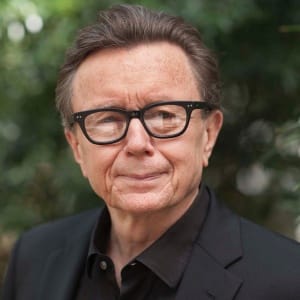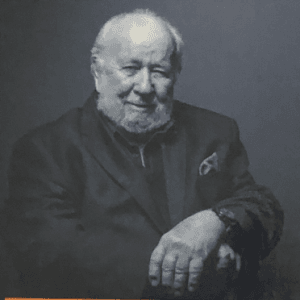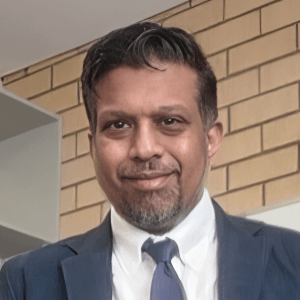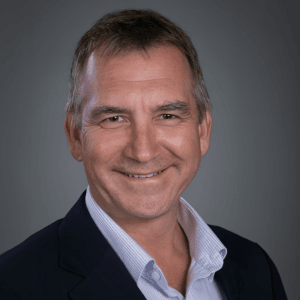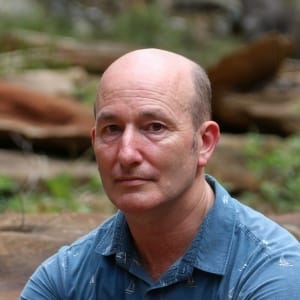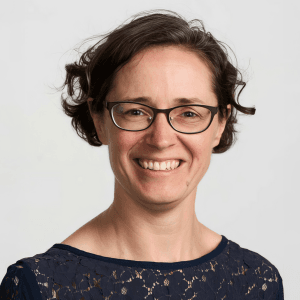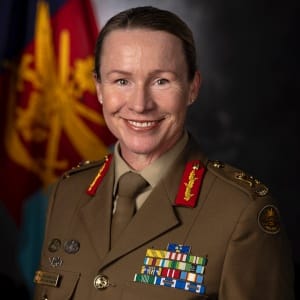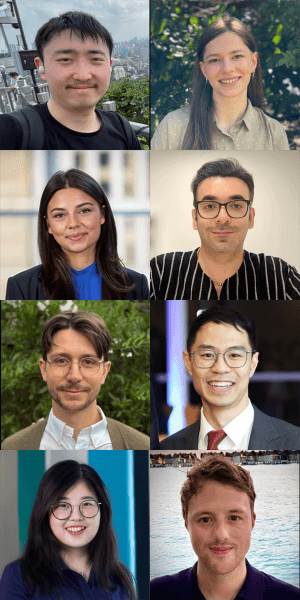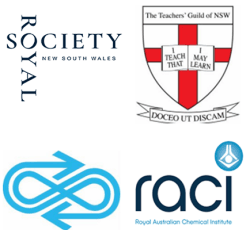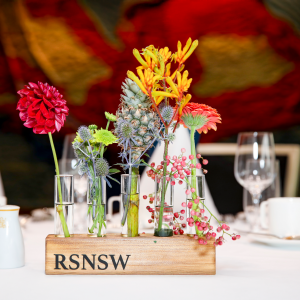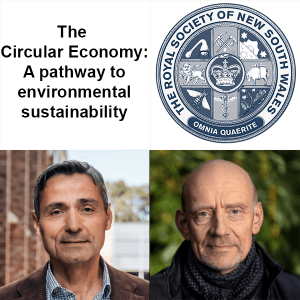
 “The Circular Economy: A pathway to environmental sustainability?”
“The Circular Economy: A pathway to environmental sustainability?”
Professor Sami Kara FRSN FFCIRP FACATECH (1) and
Professor Michael Hauschild (2)
(1) School of Mechanical and Manufacturing Engineering
UNSW Sydney
(2) Department of Environmental and Resource Engineering
Technical University of Denmark
Date and Time: Wednesday, 10 June 2026, 6.00–7.30 pm AEST
Venue: Dixson Room, Mitchell Building, State Library of NSW, Shakespeare Place, Sydney
Pre-meeting drinks: A cash bar will operate from 5.30 pm
Registration: Information to follow
Entry: OGM: Members, $20; Non-members, $30; Students, $0
All are welcome
OGM Agenda: The Agenda for this meeting will be available from the Meetings Page of the website.
Summary: The world’s population, growing in concert with an ever-increasing average affluence, leads to accelerated rates in the consumption of resources and the production of wastes and associated environmental impact. In large measure, this situation is due to our existing industrial processes and supporting global economic system that are operated in a linear sequence: Extraction, Production, Consumption, and Disposal (or ‘Take-Make-Use-Dispose’). This sequence and our global system rely on a paradigm where there is infinite resource availability. It is increasingly clear that this linear sequence is not sustainable, i.e., capable of being maintained in perpetuity. A way to address this complex issue is to aim to close material flows throughout our society through the introduction of what is commonly known as the Circular Economy (CE).
The circular economy has been widely acclaimed with the potential to disrupt the current linear economy of production, consumption, and waste generation by encouraging system innovation that designs out waste, increases resource efficiency, keeps materials in use, and decouples growth from the consumption of finite resources—thereby achieving a healthier balance between the economy, the environment, and society. In these discussions, ‘sustainability’ has often been used synonymously with CE. Although there is a relationship between sustainability and CE, these are different concepts, and the assumption that circularity is inherently sustainable has yet to be successfully demonstrated.
In this panel discussion, presenters and panel members will discuss the questions of:
- What does it mean to be environmentally sustainable in absolute terms?
- How far is it possible for us as a society to minimise resource and energy consumption while still meeting the needs of today and the future generations?
- At the same time, is it possible for us to minimise our environmental footprint, limit our global temperature rise to 1.5 °C, and reach net zero emissions of greenhouse gases by 2050?
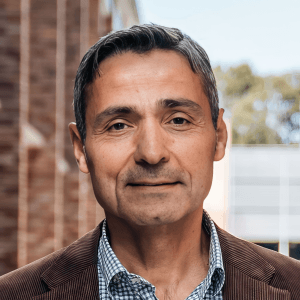
Sami Kara is a professor of sustainable manufacturing and life cycle engineering at UNSW Sydney. He has a professional background of more than 30 years in industry, research, and tertiary education, including several engineering and management positions in manufacturing companies in Australia and around the world. His research interests are in developing technology solutions with a life cycle view by using circular economy strategies to decarbonise and reduce the environmental impact of manufacturing industries while helping them to create value. He has authored more than 300 peer-reviewed scientific publications.
Professor Kara is an elected fellow of the International Academy of Production Engineering (CIRP), the Royal Society of New South Wales, the UNSW Scientia Education Academy, the International Academy of Engineering and Technology (AET), and the German National Academy of Science and Engineering (ACATECH).
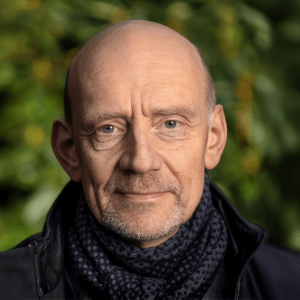
Michael Z. Hauschild is a professor in quantitative assessment of sustainability at the Technical University of Denmark (DTU), where he leads the DTU Centre on Absolute Sustainability. He has worked on the development of methods for sustainability assessment of products and technologies for 30 years and has served as chair on working groups under UNEP, developing the scientific consensus model USEtox for assessment of chemical impacts on health and environment. He has acted as a consultant to the European Commission, creating the groundwork for the Commission’s standard methodology for life cycle assessment (LCA) of products and systems. In 2018, he received the SETAC Europe Lifetime Achievement in LCA Award. He has authored or co-authored more than 260 peer-reviewed scientific publications and a leading textbook on Life Cycle Assessment: Theory and Practice, with more than 150,000 downloads.
| Royal Society of New South Wales | |
| Date: | Wednesday, 10 June 2026, 06:00 PM |
| Venue: | Dixson Room, Mitchell Building State Library of NSW, Shakespeare Place, Sydney |
| Entry: | Members, $20; Non-members, $30; Students, $0 |
In Person Event
All are Welcome

